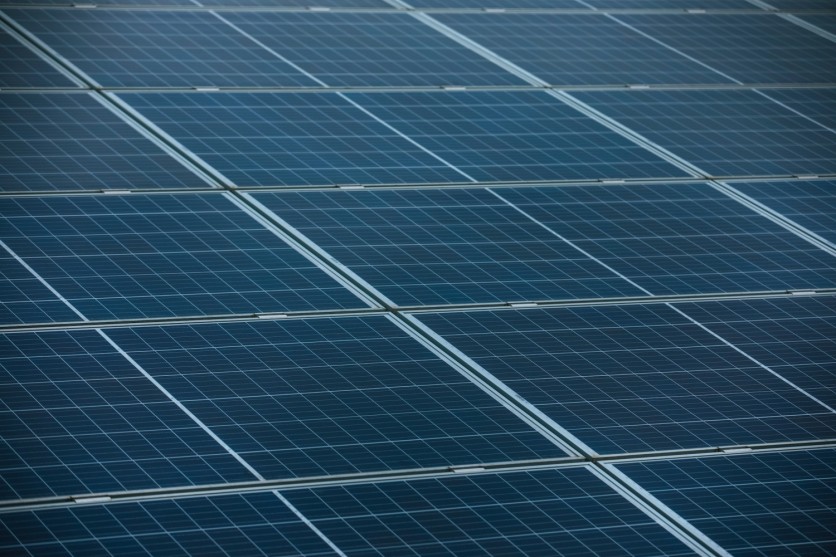
Energy concerns are universal. Non-renewable sources i.e. conventional energy have taken a massive toll on nature. The way out of this is a multifaceted effort. From the policymakers to the big firms and the laymen, everyone has a role to play in finding a solution. One aspect that has a proven record of being a reliable clean energy source is solar energy.
Despite the proven record, solar energy remains elusive for the multitude, thanks to a friction-rich supply and sales process. This friction i.e. more stakeholders come at a cost that is making solar power unaffordable for the majority.
Solving these concerns with the use of AI and a customer-first approach is Mona Lee, a Boston-based solar company. From customizing the solar design to installation, the company handles the A to Z of the process with utmost transparency. This piece dives into the solar energy market, the traditional bottlenecks, and how Mona Lee mitigates them all.
Catering to The Rise in Solar Energy Consumption in The US
By 2035, more than 40% of the US electricity supply shall be powered using solar energy. This estimate is claimed in the Solar Futures Study conducted by the U.S. Department of Energy. And this is not surprising to any extent. The reliance on solar energy is growing. Homeowners in the US are adopting solar power rapidly despite customs and other geopolitical concerns.
Nearly 40% of households in the US have given serious thought to installing solar energy panels for their houses. This embodies well with the decarbonization of the energy economy by pushing for renewable sources of energy. Moreover, the policymakers are recognizing the need and are incentivizing the adoption of solar energy using tax credit schemes.
The fact that more people are looking to join the solar energy bandwagon is a bolster to the green economy. This also places the extra impetus on companies and service providers in this space to build solutions that ease the process of purchasing and maintenance services.
Solar Energy Need Not Be An Expensive Affair
More than 70% of the costs attached to solar energy are soft costs. These account for huge sales and marketing costs (~36%) and financing fees (~20%) among others - making solar energy an exclusive commodity.
It need not be so - says Mona Lee, a D2C Climate Tech brand that relies on AI to reduce human intervention in the design process. Also, they have no salesmen which reduces human resources further. Moreover, they offer a 25 year warranty and a $2 Million coverage on their products.
Integrating AI, bots, and a clean user experience are the fulcrums around which Mona Lee's affordability revolves. This way, Mona Lee can reduce most of the soft costs that their peers have to incur making solar energy affordable for the majority.
All of their savings are further transferred to the customers making Mona Lee's products more economical than their peers. To add context, on an average, Mona Lee products cost 50% lower than their competitors.
Magic of Artificial Intelligence is Streamlining Decision-Making
Even today, data-driven decisions are still not at the forefront of decision-making in the solar power industry. Cookie-cutter plans and disguised customization are rampant.
Not only does this not help anyone, but it also hampers the efficacy of solar power systems and paints an inefficient picture of solar energy. However, Mona Lee is solving this issue with the power of artificial intelligence. Data remains the vital cog for the company as its end-to-end workflow is driven by user information.
They collect data beforehand which is then processed by AI to create a design. Mona Lee's AI bot takes into account the roof's shape and size, and couples it with the expected sunlight absorption and energy usage. These are furthered into a custom proposal for that specific household. A bespoke design tailored to produce the maximum output is then communicated to the buyer.
Mona Lee also transparently approaches the sales as their price quotation is shared at once with no salespeople involved. The current landscape of US solar energy that hinges on hyper-aggressive selling on a commission basis is being bypassed for good by Mona Lee. This D2C strategy works great for both Mona Lee and the user.
User-first Approach Set In Motion at Mona Lee
The company is working on all fronts to make the solar energy purchase process as seamless as possible for the users. Alongside employing AI to streamline the design process, they are also striving to build an accessible after-sales service. A friction-free interaction is being prioritized by Mona Lee.
To reflect this, they have ensured that only one employee is in contact with a particular customer. This eases up the customer's interaction during the purchase and installation as there is consistency in the communication. Mona Lee is also gearing up to extrapolate this into a customer portal service to serve their customers better.
Not only this, Mona Lee is also gearing up to serve the society better with its philanthropy efforts. With every sale, the firm donates a portion of their earnings for societal development.
AI powered social impact, instant all things solar energy, full transparency with costs, and no aggressive selling - Mona Lee is on the way to disrupt the solar energy industry.
ⓒ 2026 TECHTIMES.com All rights reserved. Do not reproduce without permission.




